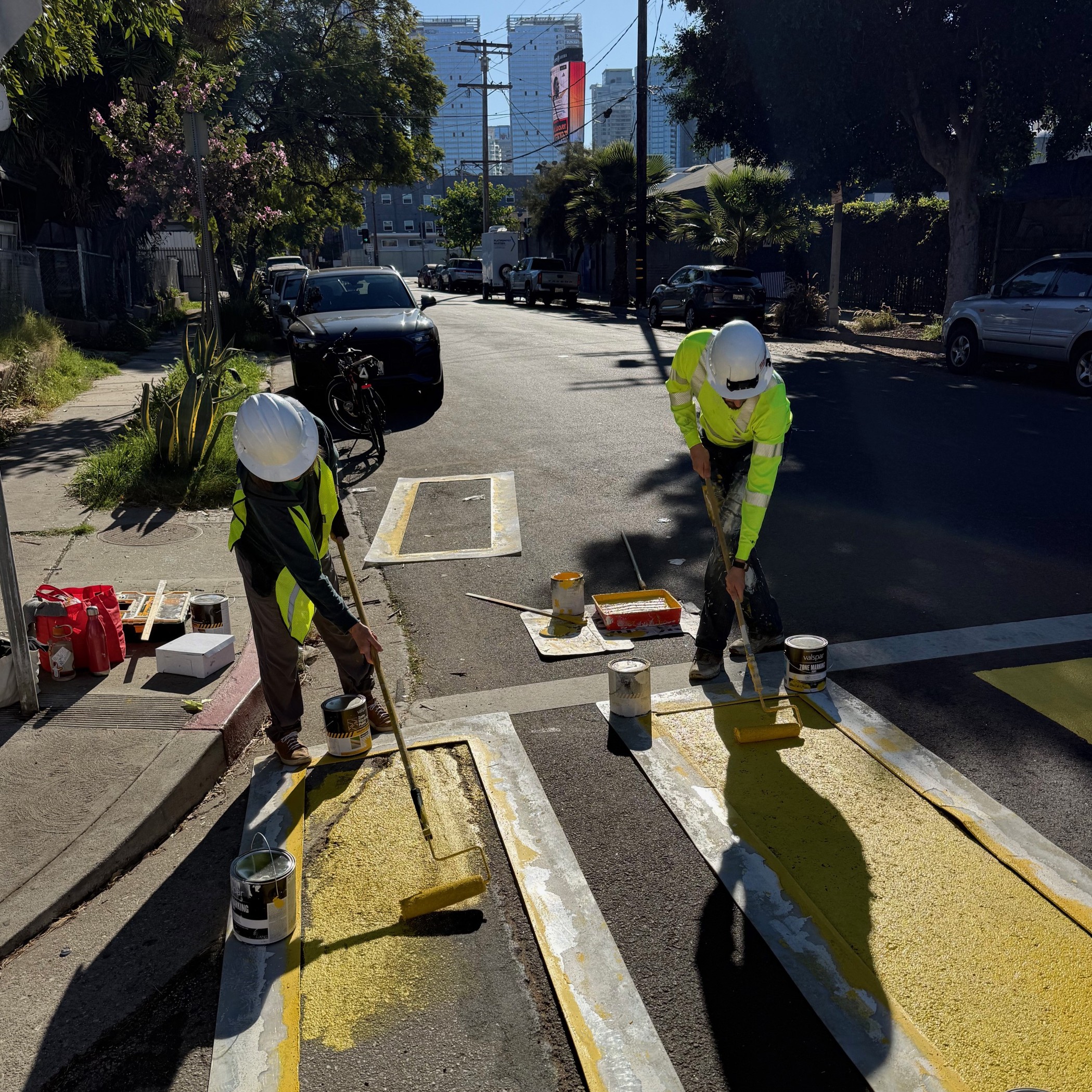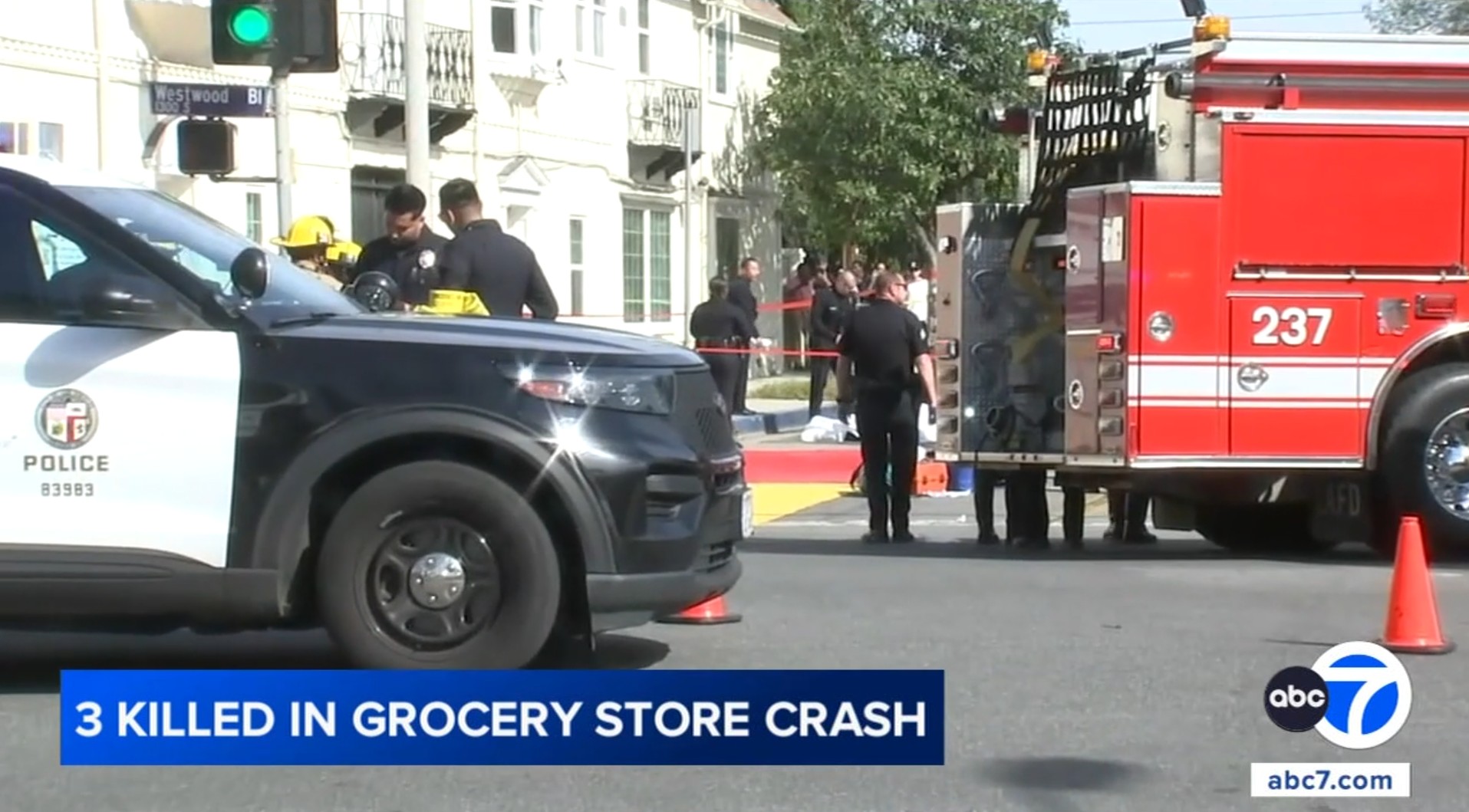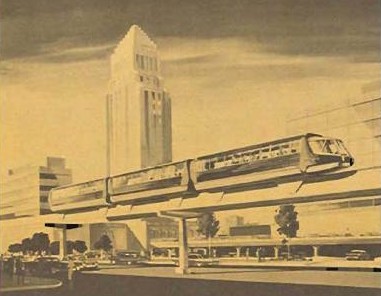President Obama may be optimistic about continued U.S. economic growth as 2009 ends, but the reality on the ground in urban America -- which an estimated two-thirds of the population calls home -- is undeniably, disturbingly bleak.
 Philadelphia Mayor Michael Nutter (Photo: PennLive)
Philadelphia Mayor Michael Nutter (Photo: PennLive)That was the message delivered today by two economists and a bipartisan quartet of U.S. mayors at the Brookings Institution
in Washington. Michael Nutter, Philadelphia's Democratic mayor, seemed
to sum up the mood as he mused aloud that the federal government had
seen fit to deliver no-strings-attached cash to financial and auto
companies deemed "too big to fail."
"Cities and metro areas
are too important to fail," Nutter said, adding that successful urban
government is "equally or, I'd suggest, more important than anything
that's going on in industries."
Unfortunately, economic data suggests that cities are only just beginning to bear the brunt of what some have christened
"The Great Recession." Steve Cochrane, managing director of Moody's
Analytics, showed today's Brookings audience a map of the nation with
states where employment could be expected to rebound the quickest.
A
dozen states, including urban-dominant economic powerhouses such as New
York, California, and Illinois, were colored bright red -- meaning that
their employment recovery could be expected after 2013, or
even later. A city-by-city map of housing price declines had more bad
news for northeastern and West coast cities, showing that the
foreclosure crisis has yet to hit bottom in those areas.
What
does this mean for urban priorities, particularly transportation and
infrastructure? The percentage of city officials reporting to the
National League of Cities (NLC) that they are "less able" to meet
financial needs jumped from 3 percent in 2007 to 88 percent in 2009,
the highest number in the 26 years the NLC has measured metro fiscal
health.
When the NLC asked urban officials to describe
where they were cutting spending, 62 percent said capital
infrastructure projects were being delayed or canceled. That high
number suggests sustained, intense cuts in cities' ability to work on
their built environments, NLC research director Chris Hoene said today.
"[Cities] are going to be in trouble for years," he predicted.
How is the economic downturn affecting city services? Transit riders in many areas are sadly familiar with service cuts caused by budget austerity, but other aspects of urban community maintenance are dying out.
Nutter
was forced to cut residential street cleaning and shutter nearly half
of Philadelphia's public pools to help close his billion-dollar fiscal
shortfall. Elaine Walker, mayor of Bowling Green, Kentucky, noted that
"we were building sidewalks to the tune of $1 million a year. We're not
doing that anymore."
The mayors had much more to say about
how federal and state governments could begin repairing relations with
local leaders that have been "irreparably damaged," as Scott Smith, mayor of Mesa, Arizona, put it. (Stay tuned for more coverage.)
But
Walker suggested that the solution to the nation's urban budget crisis
would have to begin with a fundamental shift in what Americans expect
from -- and how they think about -- their elected government.
Bolstering her theory, David Wessel of the Wall Street Journal (who led
the mayors' debate) quoted a recent observation from Congress' chief budget adviser:
The country faces a fundamental disconnect between the services the
people expect the government to provide, particularly in the form of
benefits for older Americans, and the tax revenues that people are
willing to send to the government to finance those services.






